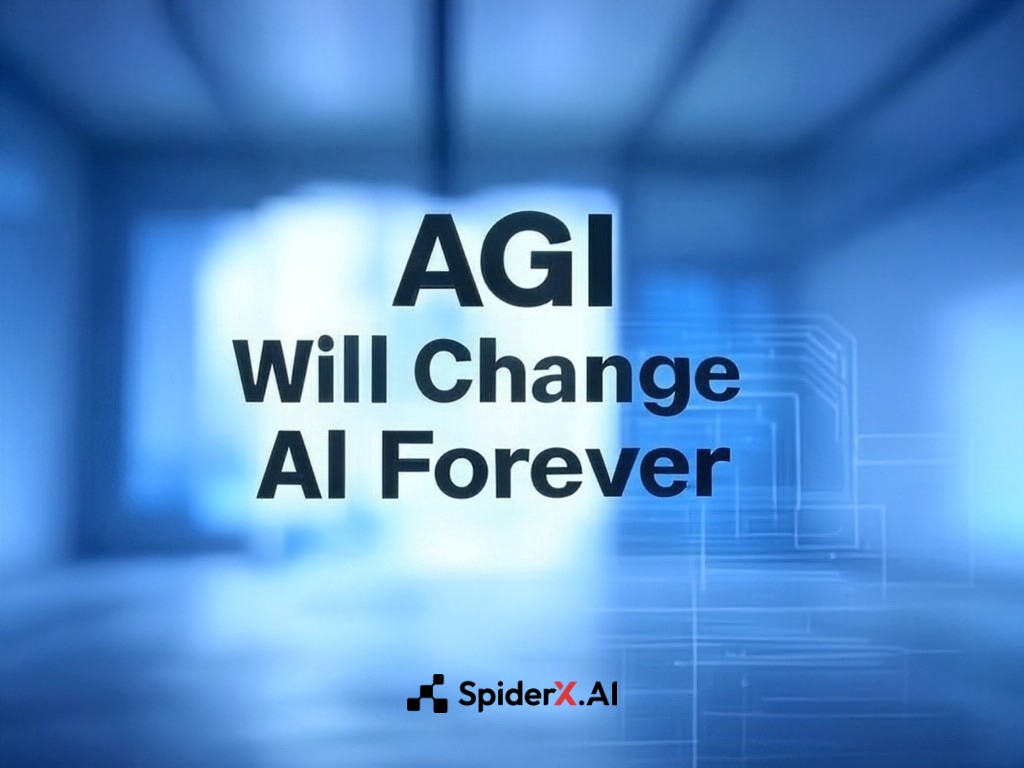Artificial General Intelligence (AGI) represents a transformative threshold in artificial intelligence, marking a shift from specialized systems to entities capable of understanding, learning, and applying knowledge broadly and autonomously, akin to human intelligence.
The rise of AGI is being considered the next big event in human history and while arguments are inevitable, one can see the significance. If an AI system is capable of making decisions based on its own cognitive thinking instead of entirely relying on pre-fed data and extensive training, it creates possibilities that weren’t even imagined before.
Key Characteristics of AGI:
Broad Cognitive Capabilities:
- Generalization across multiple tasks without explicit retraining.
- Adaptive learning and intuitive reasoning from limited data.
Autonomous Decision-Making:
- Continuous self-improvement and real-time problem-solving.
- Independent functioning in complex environments.
Enhanced Flexibility:
- Seamless transfer of knowledge across diverse contexts and domains.
AGI and AI Agents
The Artificial Intelligence world has shifted to the Agentic path and these AI Agents are already capable of automating tasks, accelerating business growth, and reducing workload at an industrial level.
In fact, SpiderX AI offers a number of AI Agents for growing industries. From Zoe for Retail to Gecko for Recruitment, from Vera for Real Estate to Axel for Automotive Sales, from Sage for Analytics to E2M for Event Management, and from Dineo for Restaurants to Edwin for Education, SpiderX AI is leading the path to the Agentic AI revolution.
When AGI becomes a reality, Agents can use their general intelligence to handle the work of multiple industries single-handedly.
Potential Impacts of AGI on Society:
It’s a different conversation altogether if someone wants to admit the potential impacts of AGI on society, but once true AGI is achieved, no one would be able to deny it either.
Artificial General Intelligence can take out most of the bottlenecks of current-day AI models which reduces the requirements of human moderation significantly. This will drive a lot of moderated tasks to automation and humans have to rethink and reinvent how they work, once it advances to an even higher level.
AGI can also potentially have great benefits in sectoral areas.
Transformative Sectoral Advancements:
- Healthcare: Precision medicine, improved diagnostics, and personalized treatments.
- Education: Customized and scalable learning experiences tailored to individual needs.
- Industry Automation: Enhanced efficiency, innovation, and safety with minimal human oversight.
- Scientific Research: Rapid discovery processes and solutions to complex, multi-disciplinary problems.
Societal and Ethical Considerations:
What happens when AGI is its own aware artificial organism? Will it follow the same rules as humans or does it need better ethics and stricter rules? Authorities will debate when it is ready, but for now, we can consider the below areas.
Philosophical Questions:
- Re-examining the nature of intelligence, consciousness, and human identity.
Ethical Challenges:
- Defining autonomy, responsibility, and accountability for AGI systems.
- Ensuring privacy and safeguarding against misuse of data.
Socio-economic Consequences:
- Addressing job displacement and evolving employment dynamics.
- Mitigating economic disparities and ensuring equitable access to advanced technology.
Ultimately, the advent of AGI signifies a profound evolutionary milestone, catalyzing unprecedented innovation and reshaping societal frameworks. Its integration will redefine human-machine interactions, requiring new policies and regulatory frameworks to responsibly manage its immense capabilities, ensuring alignment with human values and sustainable societal development.



